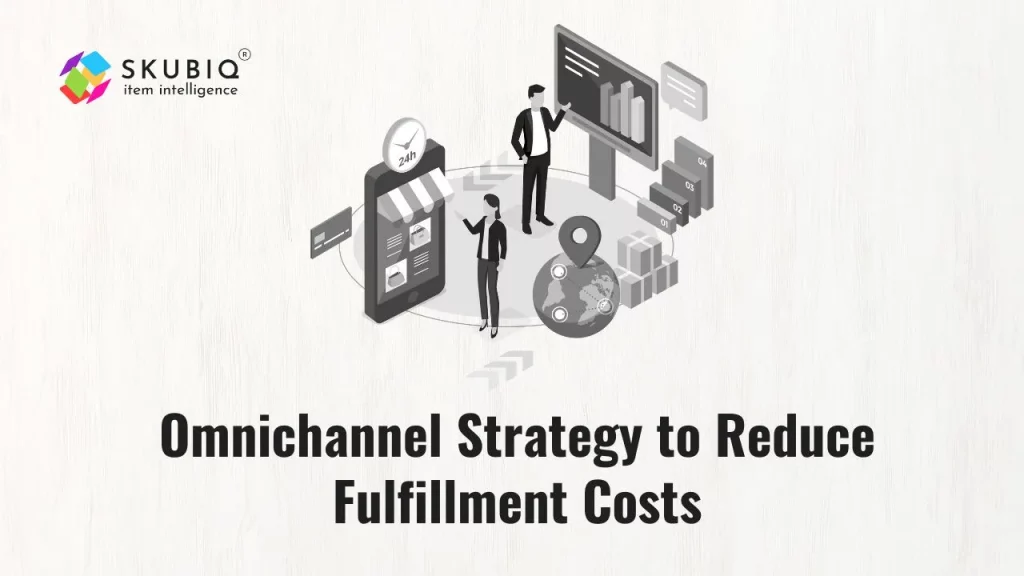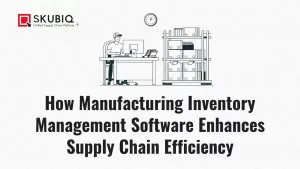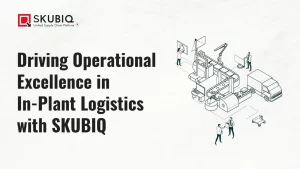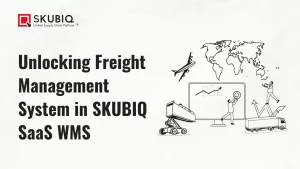In today’s fast-paced retail landscape, the ability to seamlessly integrate various sales channels can make or break your business. An omnichannel strategy not only enhances the customer experience but also significantly reduces fulfillment costs. This article delves into the intricacies of implementing a robust omnichannel strategy that can streamline operations, boost efficiency, and ultimately save your business money.
Introduction: The Power of Omnichannel
Have you ever wondered how some retailers seem to effortlessly manage their multiple sales channels while keeping costs down? The secret lies in a well-executed omnichannel strategy. By harmonizing physical stores, online platforms, and everything in between, businesses can create a cohesive shopping experience that delights customers and optimizes fulfillment processes.
What is an Omnichannel Strategy?
An omnichannel strategy integrates all customer touchpoints – from brick-and-mortar stores to online shops, social media, and mobile apps – into a single, seamless experience. This approach ensures that no matter how or where a customer chooses to interact with your brand, they receive consistent service and product availability. This not only enhances customer satisfaction but also drives down costs associated with managing disparate systems.
The Cost of Inefficient Fulfillment
Inefficient fulfillment processes can be a significant drain on resources. From overstocked warehouses to expedited shipping costs and labor-intensive inventory management, the financial implications are vast. A lack of synchronization between sales channels often leads to redundant efforts and missed opportunities for cost savings. Implementing an omnichannel strategy addresses these issues by creating a more streamlined and integrated approach to fulfillment.
Key Components of an Effective Omnichannel Strategy
1. Real-time Inventory Visibility
Real-time inventory visibility is the backbone of an effective omnichannel strategy. By having accurate, up-to-date information about stock levels across all sales channels, businesses can make informed decisions about where to allocate resources. This reduces the risk of overstocking or stockouts and ensures that customers can always find what they’re looking for.
2. Smart Warehousing and Distribution
Smart warehousing involves using technology to optimize storage, picking, and packing processes. By integrating advanced warehouse management systems (WMS) with your omnichannel strategy, you can ensure that orders are fulfilled quickly and accurately. Smart warehousing and distribution also means strategically locating warehouses to minimize shipping times and costs.
3. Leveraging Data for Demand Forecasting
Understanding customer behavior and predicting future demand are crucial for efficient fulfillment. Leveraging data for demand forecasting allows businesses to anticipate trends and adjust inventory levels accordingly. This proactive approach reduces the need for last-minute shipments and ensures that popular items are always in stock.
4. Optimizing Last-Mile Delivery
The last mile of delivery is often the most expensive and complex part of the fulfillment process. Optimizing this stage involves using route planning software, local fulfillment centers, and alternative delivery methods like curbside pickup. By optimizing last-mile delivery, businesses can reduce costs and improve delivery times, leading to higher customer satisfaction.
5. Enhancing Customer Experience
A key benefit of an omnichannel strategy is the ability to provide a superior customer experience. When customers can seamlessly transition between online and offline channels, they’re more likely to make repeat purchases and recommend your brand to others. Enhancing the customer experience through personalized interactions, consistent service, and reliable fulfillment not only boosts sales but also builds long-term loyalty.
Case Studies: Successful Omnichannel Implementations
Case Study 1: Retailer A
Retailer A, a large apparel company, implemented an omnichannel strategy that integrated their physical stores with their online platform. By using real-time inventory visibility and smart warehousing, they reduced stockouts by 25% and cut fulfillment costs by 15%. Their seamless customer experience resulted in a 20% increase in repeat purchases.
Case Study 2: Retailer B
Retailer B, a tech giant, faced challenges with last-mile delivery costs. By optimizing their delivery routes and leveraging local fulfillment centers, they managed to reduce delivery times by 30% and cut costs by 18%. Their omnichannel strategy also improved customer satisfaction, leading to a 10% increase in positive reviews.
Future Trends in Omnichannel Fulfillment
The future of omnichannel fulfillment looks promising, with emerging technologies and innovative strategies set to revolutionize the industry. Trends to watch include the rise of artificial intelligence in demand forecasting, the use of drones and autonomous vehicles for last-mile delivery, and the growth of cloud-based warehousing solutions. Staying ahead of these trends will ensure that your business remains competitive and cost-efficient.
Embrace Omnichannel for a Cost-Efficient Future
In a world where customer expectations are higher than ever, an omnichannel strategy is no longer a luxury but a necessity. By integrating all sales channels and optimizing fulfillment processes, businesses can reduce costs, improve efficiency, and provide a superior customer experience. Embrace the power of omnichannel to future-proof your business and stay ahead of the competition.
FAQs (Frequently Asked Questions)
1. What is an omnichannel strategy?
An omnichannel strategy integrates all customer touchpoints into a seamless experience, ensuring consistent service and product availability across all sales channels.
2. How can real-time inventory visibility reduce fulfillment costs?
Real-time inventory visibility ensures accurate stock levels, reducing the risk of overstocking or stockouts and optimizing resource allocation.
3. What are the benefits of smart warehousing?
Smart warehousing uses technology to optimize storage, picking, and packing processes, leading to faster and more accurate order fulfillment.
4. Why is flexibility important in a warehouse layout?
Data-driven demand forecasting allows businesses to anticipate trends and adjust inventory levels proactively, reducing the need for last-minute shipments.
5. What are some future trends in omnichannel fulfillment?
Future trends include the use of AI in demand forecasting, drones for last-mile delivery, and cloud-based warehousing solutions.
By adopting a comprehensive omnichannel strategy, your business can not only meet but exceed customer expectations, all while reducing fulfillment costs and driving long-term success.



